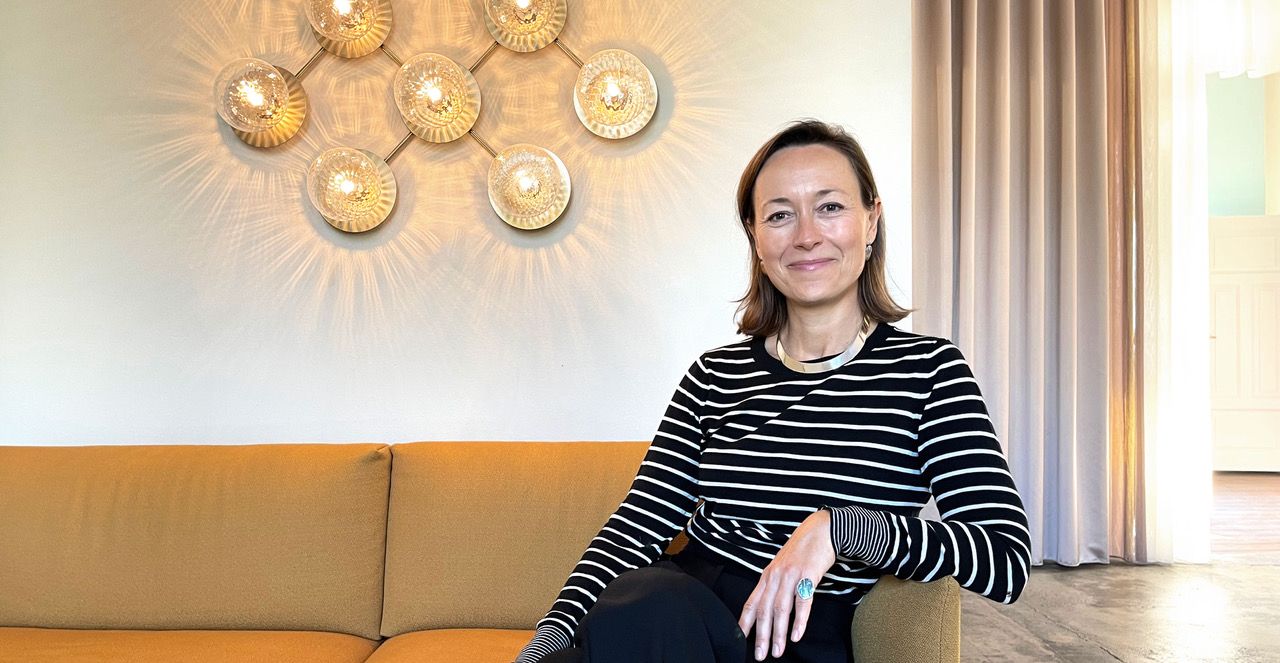How do you lead Danes?
In my June and November 2023 pieces I told you that it’s not a reflection of you, that Danes prefer not to have a hierarchical structure, and I looked at how power shows its face in Danish organisations.
In this piece, I aim to demonstrate how to effectively channel your frustration with your Danish colleagues, as such feelings are common.
Don’t let your annoyance go to waste
Erin Meyer, INSEAD Professor, has shown how Denmark, the Netherlands and Sweden are the most egalitarian countries in the world.
At the other end of the spectrum, Japan and Korea are the most hierarchical countries. The UK and the US fall in the centre, while Italy, France and Poland nudge towards Japan. On average, Danes are – and I am not using this word lightly – extremely egalitarian compared to almost everyone else.
An international client of mine recounted how her team leads send proposals and ideas directly to top leadership, the executives, without her prior approval.
While this may be seen as inefficient and likely to confuse procedures in many parts of the world, in Denmark it is not uncommon. That’s partly due to the egalitarian nature of the corporate culture where lines are blurry and the executive level accepts and maybe even encourages the blurriness.
The corporate culture in some companies perceives ambiguity as beneficial, as it believes it fosters creativity, initiative, and a ‘healthy’ vibrancy.
My client was not enthused. She was rather cross with her team leads – and increasingly frustrated in her job as she realized that the practice was not only tolerated but condoned by the upper echelons. Apart from being convinced of the inefficiency of the procedures she also felt it left people who were outside of the CEO’s network at a disadvantage. This happened to be mostly non-Danes and women.
We spoke about becoming aware of when she became annoyed, what was the most frustrating, what puzzled her and created obstacles for her in her leadership.
During our sessions, we realized that my client shouldn’t let this frustration go to waste. All annoyances – in spite being seen as negative emotions – reflect our values, experiences, convictions, and give us a chance to decide whether to keep or let them go.
The first step in our work was to uncover how my client had acquired convictions around power and hierarchy from her family, as well as from the company where she had her first leadership position. She could then contemplate if she found herself in Denmark by chance or if one of the things that had attracted her to Denmark had been the culture – without knowing how it would impact her.
This made her see that at least a part of her was open to changing or broadening her leadership abilities – including the ability to adhere to principles more rigorously when necessary and recognizing when to accept defeat.
We discussed how she could discuss her leadership style in a more open manner with her direct references – with openness and without feeling challenged.
Finally, we discussed how she could meet her KPIs while adapting her leadership style to fit this new context.
Some internationals in leadership fall into the trap of becoming annoyed and mentally turning away from Denmark and the Danes.
Do not repeat their mistake. Do not let your frustration go to waste. Instead, use it as a tool to gain deeper insight into how you can better navigate leadership in Denmark.


